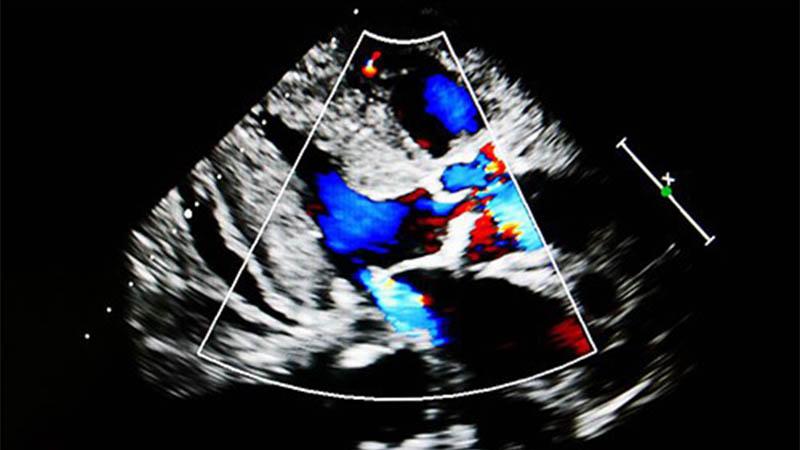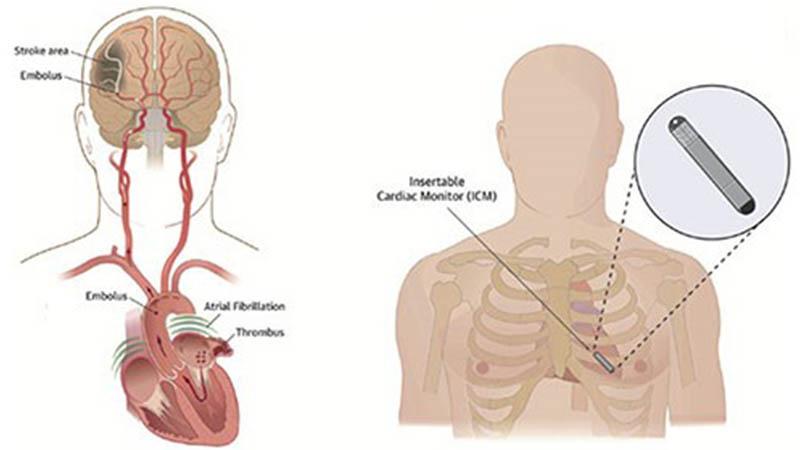The 2022 Innovations in Review of clinical and scientific advances in cardiology and heart surgery highlight NewYork-Presbyterian’s pioneering clinical treatments and pursuit of scientific endeavors to maximize outcomes for patients with all levels of disease complexity. NewYork-Presbyterian’s adult cardiology and heart surgery programs are a destination for patients from around the world.
The achievements of the Columbia and Weill Cornell Medicine heart programs are rooted in close collaborations among faculty who develop medical, interventional, and surgical therapies that are appropriately suited for each individual patient.
Benefit vs. Risk in Dual Antiplatelet Therapy After CABG
Of PRIMARY Importance: Surgical or Percutaneous Repair for Mitral Regurgitation?
Transcatheter Therapies for the Tricuspid Valve: Where Are We Today?
Multi-Arterial CABG: The Odyssey of the Radial Artery as a Second Conduit
Probing the Predictive Capability of a Next Generation Implantable Cardiac Monitor

Benefit vs. Risk in Dual Antiplatelet Therapy After CABG
A team of NewYork-Presbyterian/Weill Cornell Medicine investigators discovered that while a combination of two antiplatelet drugs can reduce the risk of graft failure after coronary artery bypass graft (CABG) surgery, it also increases the risk of potentially dangerous post-operative bleeding. The breakthrough results, published in JAMA, indicate that physicians should base their decisions on patients’ individual circumstances and avoid using dual antiplatelet therapy for those with conditions that put them at-risk of bleeding.

Of PRIMARY Importance: Surgical or Percutaneous Repair for Mitral Regurgitation?
In recent years, surgical replacement and repair and transcatheter edge-to-edge repair (TEER) have become comparable options to treat primary, degenerative mitral regurgitation in high risk patients. A NewYork-Presbyterian/Columbia interventional cardiologist is one of two study directors leading the PRIMARY Trial, a prospective, open-label, randomized trial comparing surgical repair to mitral valve TEER with a commercially approved edge-to-edge mitral repair device. Through the PRIMARY trial, researchers are seeking to develop well-founded criteria that will guide advanced decision-making about which patients are best suited for a transcatheter approach and those who would do better with surgery.

Transcatheter Therapies for the Tricuspid Valve: Where Are We Today?
NewYork-Presbyterian cardiologists, interventionalists, cardiac surgeons, and cardiac imaging specialists have been involved in the evolution of structural heart disease for over two decades and are now leading the charge to pursue the next chapter in the field of tricuspid valve intervention. The structural heart faculty at NewYork-Presbyterian/Columbia and NewYork-Presbyterian/Weill Cornell Medicine are leading investigators in two pivotal clinical trials – one for tricuspid valve repair (CLASP II TR) and a second for tricuspid valve replacement (TRISCEND II) – that are currently underway.

Multi-Arterial CABG: The Odyssey of the Radial Artery as a Second Conduit
NewYork-Presbyterian/Weill Cornell Medicine’s cardiothoracic surgery team is a principal investigator on a clinical trial evaluating the effect of standard coronary artery bypass grafting (CABG) versus an operation using multiple arteries. The ROMA (Randomization of Single vs. Multiple Arterial Grafts) Trial is an international multicenter trial that is currently enrolling patients to determine whether the use of two or more arterial grafts compared to a single arterial raft is associated with improved survival rates.

Probing the Predictive Capability of a Next Generation Implantable Cardiac Monitor
NewYork-Presbyterian/Columbia is one of two sites in the nation leading a clinical trial that uses an implantable loop recorder to diagnose heart arrhythmias as well as diagnose patients with heart failure to monitor for exacerbation. This type of remote monitoring for patients with cardiovascular disease is at the forefront of medicine, merging the expertise of electrophysiologists with heart failure specialists. Through this trial, digital technology is being used to risk stratify data to identify which patients are most at-risk of having a heart failure exacerbation. The Columbia team plans to use collected data to improve healthcare outcomes and prevent future hospitalization.



